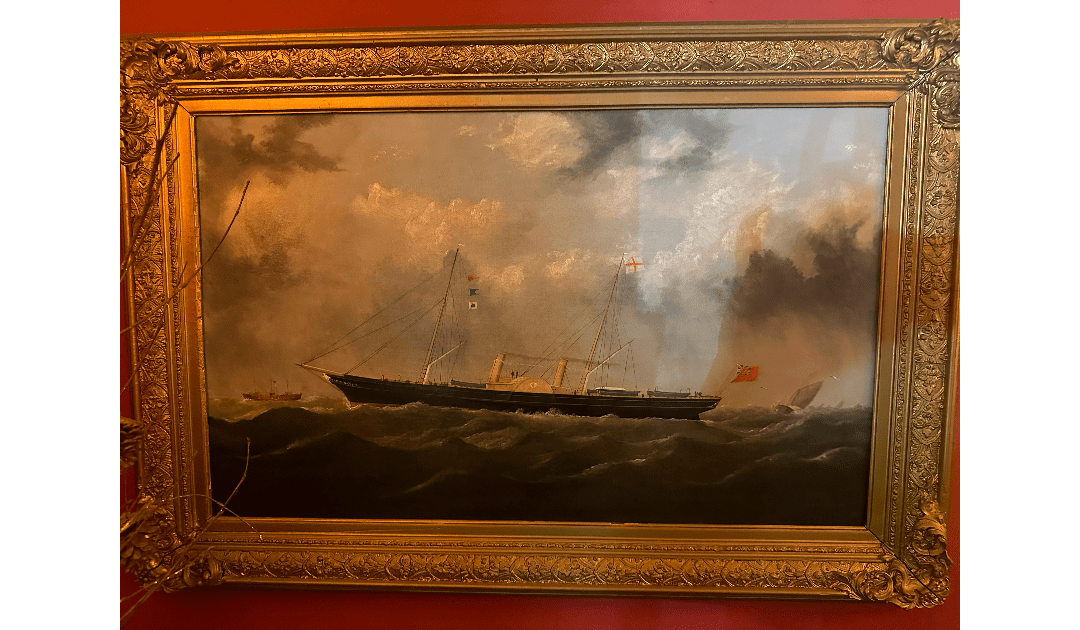Great Britain is the name for the island that comprises England, Wales, and Scotland. That’s why we used to compete in the Ryder Cup as Great Britain and Northern Ireland. It includes smaller islands such as the Isle of Wight, but not the Channel Islands. Having cleared that up, I’ll take a look at our economy. I will draw on an excellent Wikipedia article, which I can only summarise here.
In Tudor times the export of woollen cloth was a major industry. The arrival of Huguenot refugees brought new skills which expanded our cloth industry further. The Saint Bartholomew’s Day Massacre sparked the exodus of French Protestants to Britain. I touched on the surrounding events in The Spy who Sank the Armada. The late 16th and early 17th centuries brought expansion overseas. England established colonies in North America and the Caribbean. A lucrative trade in tobacco, sugar, and other commodities flourished, fuelled by the slave trade.
Britain’s overseas trade required, and financed, a strong Royal Navy to protect it and expand it.
England emerged from the civil war with a middle class benefitting from new property rights and political safety. Great Britain had the legal and cultural foundations that enabled it to capitalise on the Industrial Revolution. It also had inventors, entrepreneurs, coal, and powerful Royal and Merchant Navies that built the British Empire.
The First World War drained Britain of human and financial capital. The inter-war years included the Great Depression. The Second World War forced Britain to mobilise the home front for war production. Women entered manufacturing and agriculture in a highly productive way. Nevertheless the war crippled the British economy. West Germany used its $1.7 billion Marshall Plan aid to rebuild the Volkswagen factories and its manufacturing economy. Germany, France and Italy built an electrified railway system while Britain stuck with steam. Britain chose not to use its $2.7 billion US aid in the same way. Post war Britain fell behind most of the countries of the European Common Market in economic terms.
Once the UK joined the EEC in 1973, the economy improved considerably. One the eve of the 2007 financial crisis Britain’s GDP per capita exceeded that of both Germany and France. There had also been a reduction in the gap between the UK and the USA in the same terms.
The vote by England and Wales to leave the EU in 2016 (Scotland and Northern Ireland voted to remain) has left the UK in both political and economic crisis. Between Q4 2019 and Q3 2022 the UK economy shrunk by 0.4%, whilst Germany grew by 0.3%, France grew by 1.1%, and Italy grew by 1.8%.
Of course Britain can be Great again, but we must learn from our mistakes. Cutting ourselves off from the world’s largest free market, on our doorstep, was never going to be a good move.

